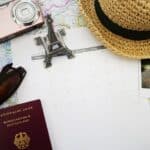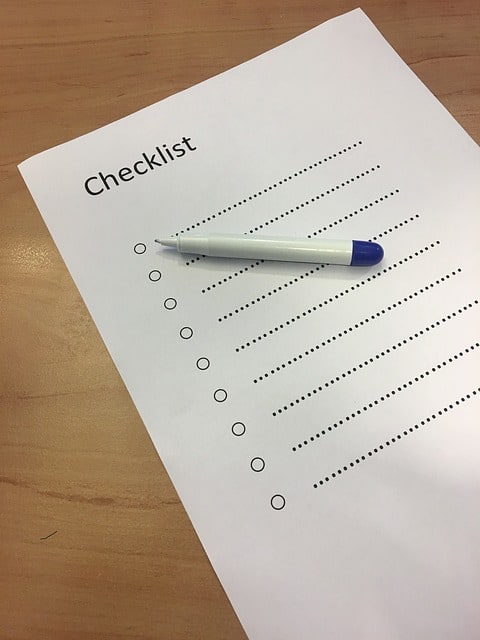
Traveling solo can be an incredibly empowering and rewarding experience, but it’s important to remember that safety should always be a top priority. As a solo female traveler, you may face unique challenges and risks that you wouldn’t encounter when traveling with others.

The key to staying safe is to be prepared, stay aware of your surroundings, and trust your instincts. In this article, we’ll discuss some essential tips and strategies to help you stay safe while traveling solo.
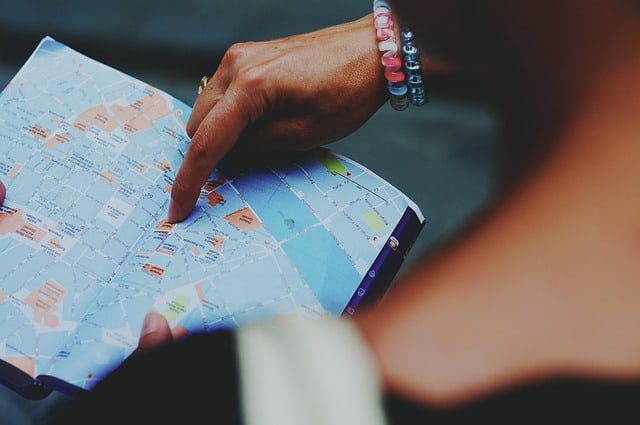
Whether you travel often or you’re getting ready for a once-in-a-lifetime vacation, it’s important to think about safety as part of your travel preparations. This book can help travelers plan for a safe and comfortable trip and may reduce the risk of many different types of crimes, including romance scams, theft, and sexual violence.
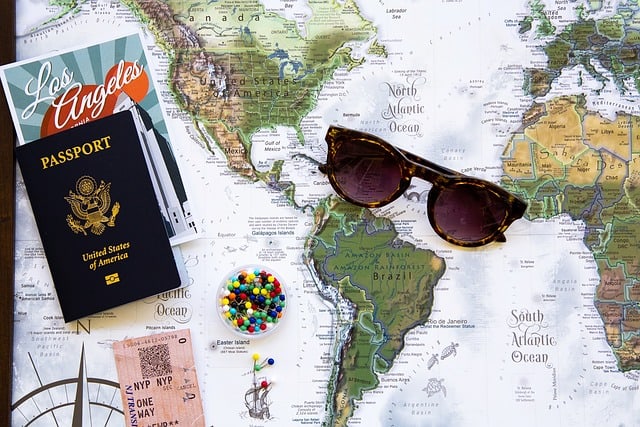
You must be so excited about your trip! I absolutely love planning a new solo adventure, especially if it’s to a new country I’ve never been to before.
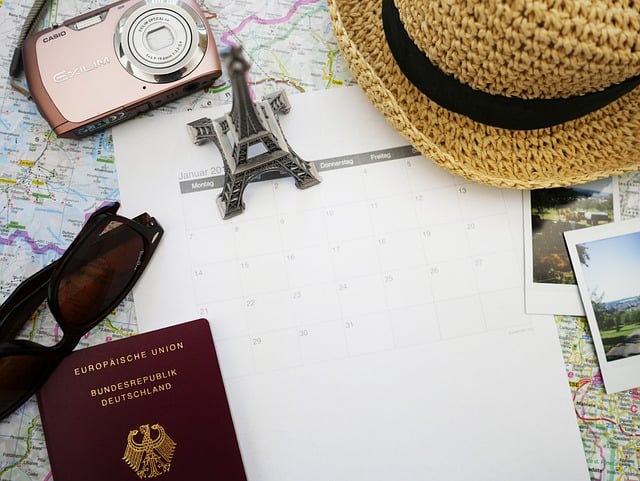
Of course, I’m usually filled with plenty of fear, doubt, and anxiety before I travel, but once I sit down and write a checklist I usually calm down and I’m left with the giddy excitement of Anna Nicole Smith the day she met her 99-year-old walking ATM machine.
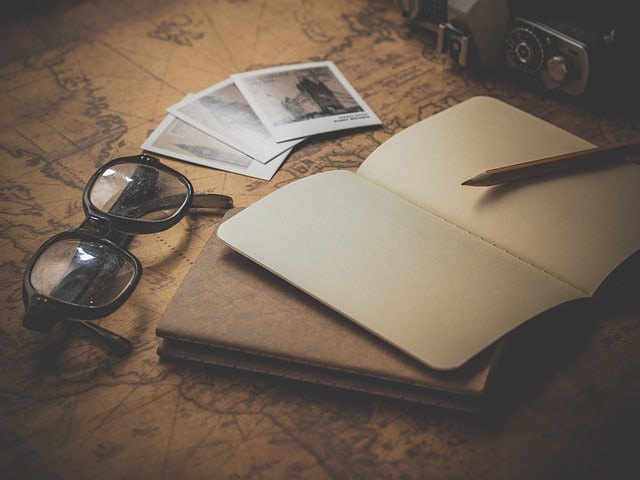
I wish I could promise you that if you follow the tips here you will be safe as you travel alone around the world. But for most women, no matter where we are whether at home or away, we are vulnerable to potential danger and we must be extra vigilant, especially when we are solo travelers.
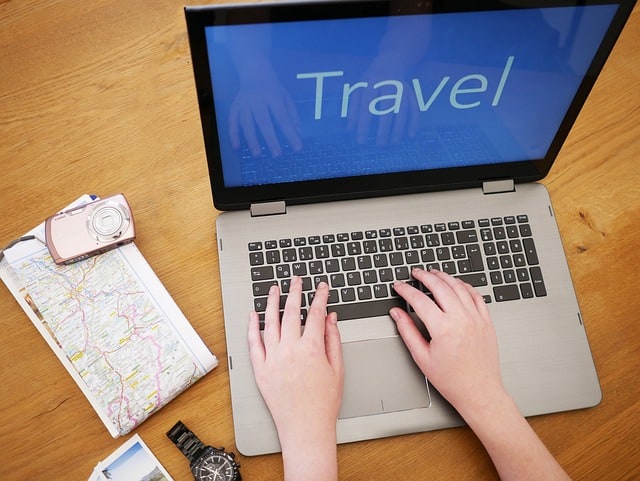
However, we can take precautions to help us stay as safe as possible and make us less of a target to those who may wish to harm us.
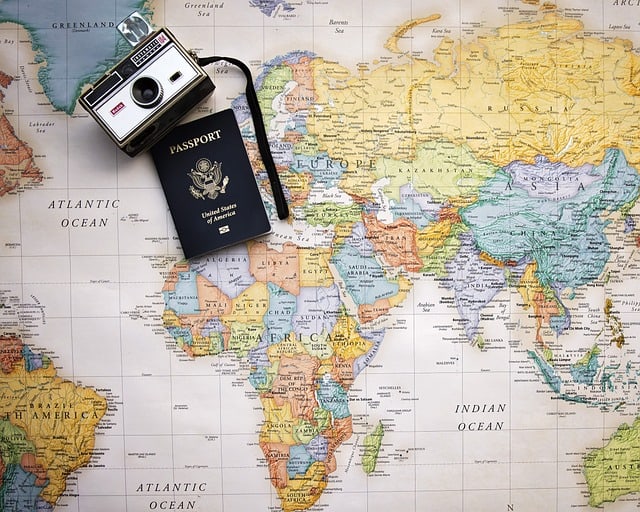
These tips, tricks, and tools can help you along your journey, but it is important to pre-plan for your trip before you go, beginning with researching the country you want to visit.
Here’s a helpful checklist of things to do before you go on your next adventure.
1. Determine your travel dates and make a tentative plan.
2. Prepare your passport, visa, and other travel documents.
3. Have your airline tickets and all necessary documentation ready to go.
4. Make a list of the addresses of friends and family in case you cannot get in touch with them while you are away.
5. Make a list of the addresses of places you will be staying during your trip, as well as their telephone numbers if possible.
6. Give yourself enough money for emergencies and potential unexpected expenses while you are away (e.g., lost luggage, food).
7. Know the emergency numbers for local authorities in the countries you will be visiting (e.g., police, hospital).
8 . Make a list of the currency exchange rates for the countries you will be visiting.
9. Pack your personal belongings in a safe place, and label each item with its rightful owner.
10. Make photocopies of important documents, such as your passport and driver’s license, in case you lose them during your trip.
11. Create an evacuation plan that does not rely on the U.S. Government to assist you in the event of an emergency (e.g., getting onto a bus or plane).
12. Familiarize yourself with the area you will be traveling to so that you will better understand what to look for while out and about.
13. Review the areas of safety that are important to you when traveling solo (e.g., victim blaming, grooming tips, etc.).
14. Make a list of all the warning signs to look out for when traveling in a new or unknown area (e.g., unusual people or activity, poor hygiene).
15. Let someone know where you are going and when you plan on returning home ( preferably your partner, family, or friends who will be able to keep an eye on your place and if necessary contact authorities).
16. Create a safety plan for walking around at night in unfamiliar neighborhoods or cities.
17. Carry a whistle and know the location of local hospitals in case of an emergency.
18. Review general safety tips for traveling abroad, especially if you are traveling to areas where there is a higher incidence of terrorism or crime. Check the U.S. Consulate’s website for that area.
19. Take measures to protect your personal information (e.g., keep passwords and credit card numbers safe).
20. Be sure to arrange for your accommodations before you go, even if it is only for the first night when you arrive.
21. Learn about basic self-defense tactics, such as how to defend yourself with a weapon (if you have one)and how to escape from a dangerous situation.
22. Have a backup plan if necessary in case your original travel plan does not work out. Always, always have a Plan B.
23. Familiarize yourself with the local laws in the countries you will be visiting. For example, did you know it is illegal to have sex if you are not married in some countries, such as Morocco? Not that people are always virgins when they do marry, and yes, you may get propositioned quite a bit if you visit. But you should be aware of the laws and consequences if you get caught.
24. Inform your tour operator, travel agent, and/or embassy of your travel plans in advance so that they can contact you in case of an emergency.
25. Make copies of important documents and keep them in a safe place during your trip (e.g., passport, driver’s license). Email yourself copies, and keep your originals extra safe.
26. Be aware of your surroundings at all times and take precautions to avoid being victims of crime or accidents (e.g., keeping money and valuables out of sight, not walking alone at night).
By pre-planning before you go on your trip, you will be less stressed and have a more enjoyable experience.
Do you have any questions, or, do you have tips on how to prepare before you travel? Please share them below!
.


